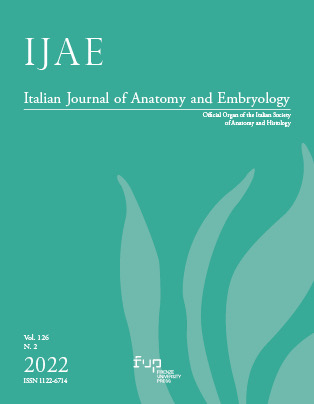Published 2022-12-27
Keywords
- Rituximab,
- Pemphigus,
- Low-dose therapy,
- ultra low-dose regimen
How to Cite
Abstract
Rituximab is a monoclonal antibody approved for treatment of adults with severe and refractory pemphigus vulgaris. Concerns about side effects and high costs of conventional doses have rised the hypothesis that low-dose rituximab regimen may be cost-effective with a better safety profile. Here we report our experience of seven patients with extensive/recalcitrant pemphigus, who either were steroid dependent, had contraindications or refused conventional treatment. Two patients received conventional rituximab (1000 mg 2 weeks apart) while five received ultra low-dose rituximab (200 mg 2 weeks apart). At 3 months, the two patients treated with high Rituximab regimen showed respectively a complete remission off therapy (CROT) and a complete remission on minimal therapy (CRMT), while among the five patients treated with ultra low-doses, three achieved CROT, one achieved CRMT and one a partial remission off therapy (PROT). All patients treated with ultra low-dose rituximab achieved complete depletion of cd19+ and cd19/45+ B lymphocytes after three months and all patients except one male manteined the zeroing after 6 months. No serious side effect was documented with low dose regimen except for a case of diziness. Our data suggest that ultra low-dose rituximab can be effective even in patients with extensive/recalcitrant pemphigus, with a lower probability of side-effects respect to higher dose regimen and may act as a steroid sparing strategy.


